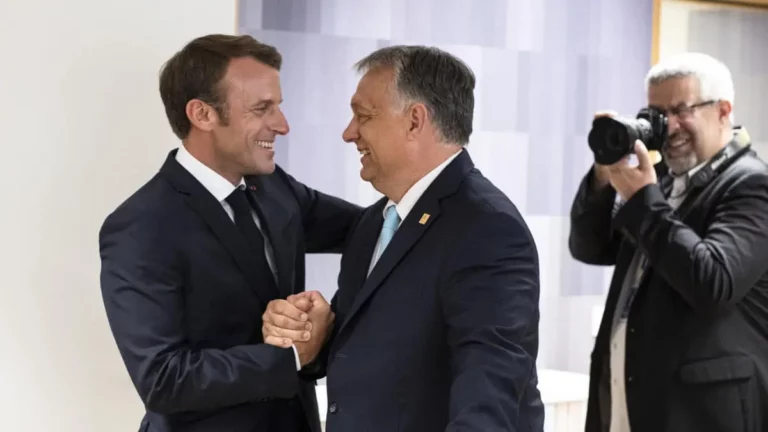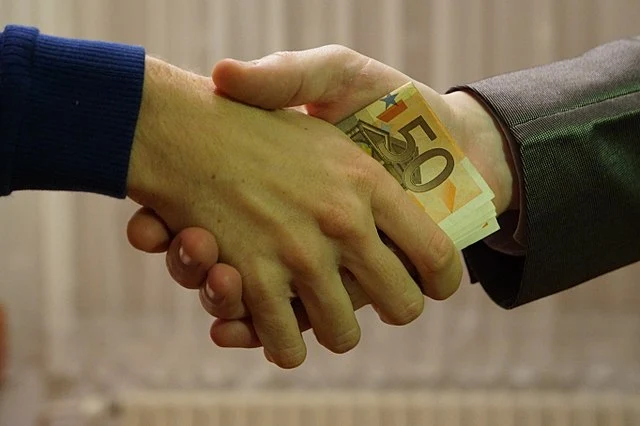election
Orbán cabinet: Hungary congratulates Georgian Dream party on election win

Századvég’s poll: Hungary’s leading parties hold a comfortable lead

Recent poll: Tisza Party gains momentum, outshining Hungary’s leading Fidesz Party

Hungarian socialist party elects new leader

Former Hungarian PM Gyurcsány’s party to field candidates in all 106 electoral districts in 2026

Budapest Forum 2024: ‘Building Sustainable Democracies’ – photo report

Oppsition DK launches signature drive against electoral districts beyond border

Venezuelans hold vigil at Budapest Basilica to honour regime victims

Venezuelans in Hungary reject electoral fraud

Budapest mayoral election votes recount an attempted electoral fraud?

Breaking: Budapest mayoral election votes to be recounted

Karácsony vs Vitézy: Result of Budapest mayoral election scrapped – will the tide turn?

Will the French election influence the fate of Europe? PM Orbán believes so

Dávid Vitézy calls recount of invalid votes thorough, justified

Votes cast at Hungary’s foreign missions counted

The election strengthened the government, says Hungarian minister

Budapest mayoral candidate of Fidesz promises clean, organised Budapest

Probe launched into suspected foreign financing attempt in Hungary





 ZH
ZH IT
IT DE
DE HR
HR NL
NL FR
FR JA
JA RO
RO RU
RU ES
ES TR
TR
